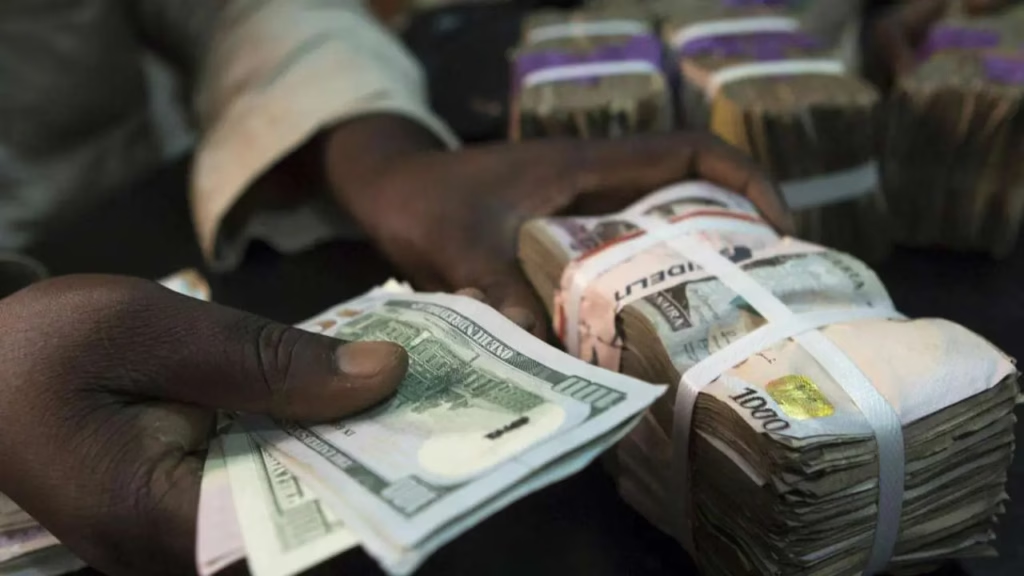Against a backdrop of mixed economic signals, Nigeria’s currency held steady against the U.S. dollar across both formal and informal exchange markets as August 2025 trading commenced. The naira closed unchanged at N1,533 per dollar in the official market on Friday, mirroring rates from the previous session, according to Central Bank of Nigeria (CBN) figures. Parallel market traders similarly quoted the currency at N1,560 per dollar, maintaining parity with Thursday’s closing value.
The stability follows a week of modest volatility, with the naira clawing back ground earlier on Thursday after periods of pressure. This contrasts with a broader monthly trend of gradual depreciation. Data from the Media Talk Africa indicates the currency weakened by N3.97 against the dollar between July 1 and July 31, slipping from N1,529.58 to N1,533.55 in official trading—a shift reflecting persistent foreign exchange demand amid uneven liquidity.
Market analysts note the relative calm in both regulated and unofficial markets could signal temporary equilibrium, though structural challenges linger. Nigeria’s external reserves—a critical buffer for currency stability—stood at $39.36 billion as of July 30, per CBN disclosures. While this marks a moderate improvement from mid-2025 lows, reserves remain pressured by fluctuating oil revenues and foreign investor sentiment.
The parallel market premium—the gap between official and unofficial rates—narrowed slightly to N27 on Friday, suggesting reduced speculative activity. However, this spread continues to underscore systemic issues, including limited access to official dollars for businesses and households. Authorities have implemented periodic interventions to stabilize the forex market, though disparities between policy reforms and on-the-ground execution persist.
Economists emphasize that sustained currency stability hinges on broader reforms, including boosting non-oil exports and attracting long-term foreign capital. The stagnant trading activity on Friday’s market opening highlights cautious optimism among traders, who await clearer signals from fiscal and monetary policymakers. With global oil prices remaining volatile, Nigeria’s ability to leverage its energy exports while diversifying its economy will likely dictate the naira’s trajectory in coming months.
